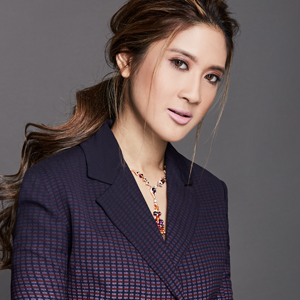
In recent years, the theme of sustainability has emerged as an issue that needs urgent attention. As a result, there have been an increasing number of initiatives that have been introduced to reverse the damage that we have inflicted on nature. One of the positives of this is that in recent years there have been a growing number of women who have taken an active role in promoting taking the sustainable path.
In line with this, Prestige Malaysia and Volvo Malaysia recently came together to host a session highlighting the role women can play in pushing forward the sustainability agenda and the positive impact it can have on the position of women in society.
The session, themed Women Empowerment & Sustainability, saw perspectives shared by Sasibai Kimis, founder of Earth Heir, Jesrina Arshad, CEO and co-founder of PurelyB and Jenny Gu, the director of China Product and Revenue as well as director of Volvo Car, Asia Pacific.
Throughout the session, the speakers shared the necessary steps taken by their respective organisations in developing sustainable practices, while also talking about the importance of sustainable and ethical business practices, focusing in particular on how these practices can impact women positively.
Sustainability and ethical practices have been synonymous with the Volvo brand. “Safety is in the genes of Volvo,” explained Gu. At the heart of the automotive company is the philosophy that cars are made for people. And as a result, the concept of safety has been broadened to include allowing people “the freedom to move in a personal, safe and sustainable way. Personal is about protecting livings, sustainable is about protecting life and safety is about protecting lives. That is the new vision for Volvo.”
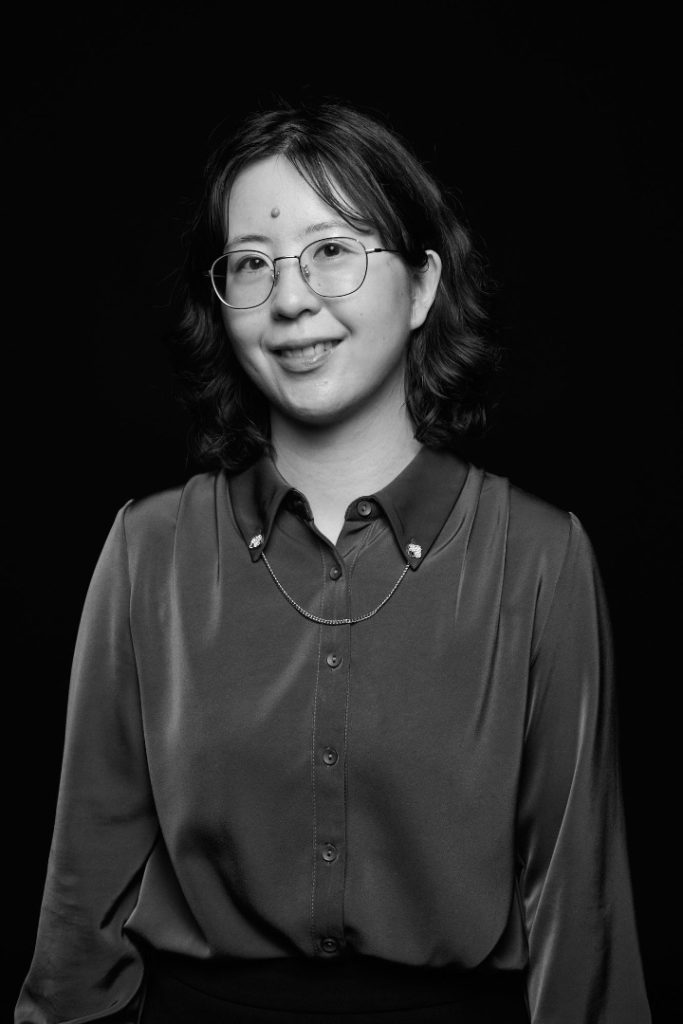
and Director of Volvo, Asia Pacific
Earth Heir, meanwhile, was founded to serve traditional artisans in underserved communities and in doing so, facilitate economic development for those communities. The hope for the social enterprise is that the artisans grow to be independent, be upskilled and develop sustainable livelihoods.
At Purely B, the mission is clear. It is to promote healthy, sustainable living through education.
“That’s why we created Purely B,” said Jesrina. “There was a lack of education from an objective standpoint. We cover a lot of these topics like clean eating and a zero waste lifestyle in ways that are relevant and easy to adapt. A lot of people think it is not easy to make such changes but our content is created to let people know that it can be done.” Through adopting these practices, she added, sustainable living is something that can be achieved.
While a lot of companies are looking at developing sustainable right now, Sasibai that it is a commitment for companies, particularly, big corporations to review all aspects of their operations from “top to bottom” if they are truly committed to taking a sustainable approach.
“It requires looking at your impact as a company and looking at your business model,” she says. “You need to ask how you make money and what happens to the products after its useful life. You need to think about the circularity. That is key at Earth Heir and key to how we think about our work.”

This is something Volvo is striving to achieve. The carmaker is targeting to become a circular business by 2040. “The circular economy,” explained Gu, “requires a loop of all materials. It is something that has to be consideredfrom the beginning when we design the vehicle.”
Adopting a circular approach means that more bio-based and recycled materials will be used in future Volvo cars. Other targets set for 2040 include becoming climate neutral and to be an ethical and responsible business. As part of its climate neutral goals, the company targets to reduce carbon emissions per car by 40% by 2025 and to be 100% electric by 2030. With regards to becoming an ethical and responsible business, Volvo has already started putting in various policies to ensure that this objective is met. Already, the company has introduced parental leave to encourage employees to spend more time with the family.
“This is us becoming a responsible business,” she said.
Policies like these, said Sasibai, are examples of compassionate leadership. As we move forward, she added, it is important to think about compassion and emphatic leadership, while also reminding that leadership is something that should be looked at from a “genderless” perspective. This is the approach at Earth Heir, where each member is looked at as a whole, without necessarily having to distinguish between the personal and the professional.
“If there is a problem, we will work on it and figure it out together,” she said. “For me, that’s what compassionate leadership is about.”
Particularly, with regards to women in the workforce, Women, she said, do carry a lot of load in society and we hope that more leaders and corporates will realise that and become more supportive of the family unit.
It is a point that Jesrina agreed with. It is important she said that companies create a culture that is able to foster loyalty and bonds with the team. People, she stressed, are everything to do with a company’s success. In addition, she added, that strong leadership can also be built when there is strong purpose.
“If you don’t have a strong why about wanting to start or lead a business, you have to ask if you will have what it takes because it is not an easy journey. It is the why that makes you rise above them. It is purpose with perseverance.”
During the session, Jesrina shared that during the pandemic, she discovered another “why” for PurelyB, which was to support women who had been negatively impacted by the pandemic.
“There were more job losses,” she said. “Single mothers were also trying to make ends meet. I had to ask what we could do. You have to get over the mindset that you can’t do much. You just have to look at yourself and see what skills you have. For me, digital marketing are part of my skills set. There are lot of women who don’t how to get started in business and so we set out to create a programme to help women upskill.”
Mentoring, added Sasibai, can be an effective way to achieve equality in the workplace. But she stressed that it is also important to look at it from a genderless lens.
“We don’t live in a vacuum,” she said. “You cannot have women reaching up and growing on their own. You need men who support and believe that women have a place in leadership and that they have same rights that men have.”
It is a point that Jesrina agreed with. It is important to reflect and see what you can give back.
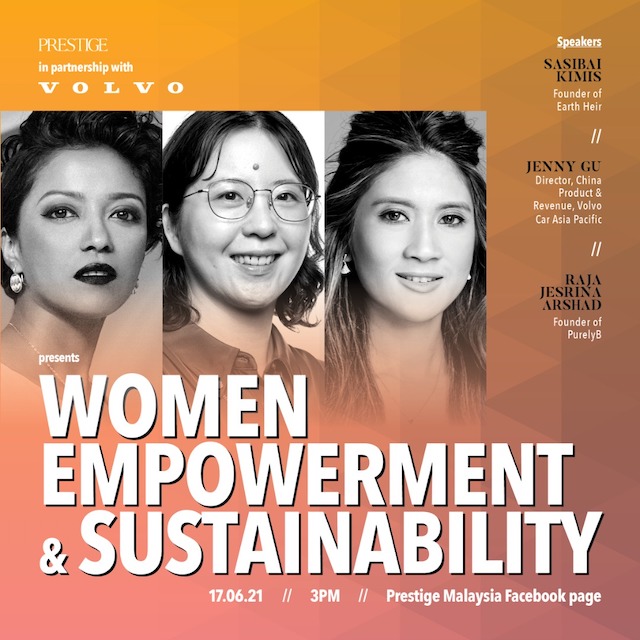
“You got there because people helped you and it is important to see what you can do to pay it forward.”
That is what PurelyB has been trying to do. The company which produces its own line of traditional health food products works with traditional healers and herbalists from the villages.
“We work with a lot of women from villages,” she explained. “This is an area where we can help train and create jobs for marginalised women.”
For Gu, her current position at Volvo is one that allows to marry the commercial and industrial side. Her role has enabled her to not only be aware of advanced technology but to also think about how these technologies can presented to the customers in a way they can understand.
“That’s why I volunteered for this sustainability focus area,” she said. “I have seen great effort made by engineers over the past year and I feel empowered to work on these things that are aimed at protecting lives.”
Women, Empowerment and Sustainability, a webinar by Prestige Malaysia and Volvo Malaysia is available here



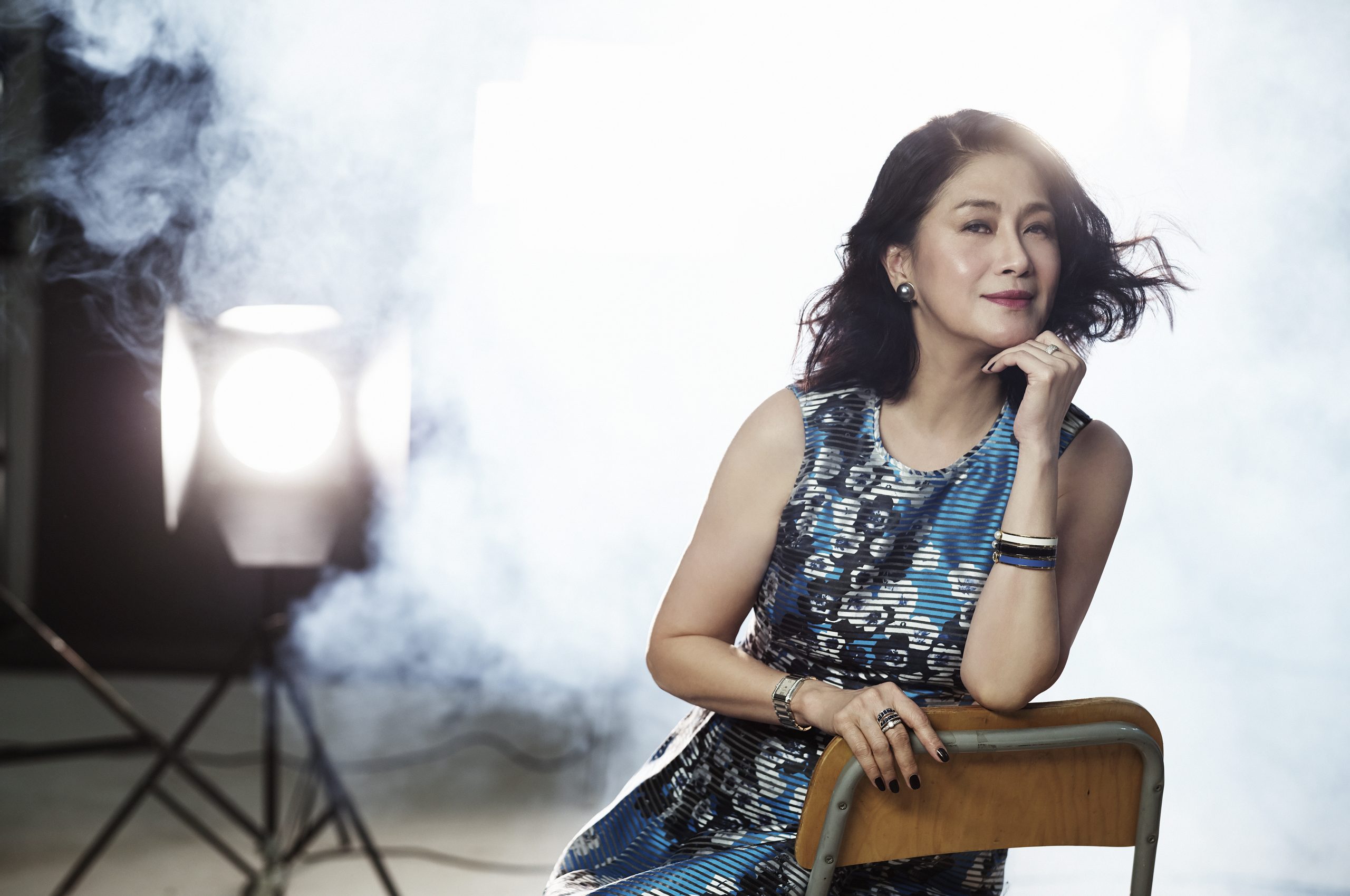
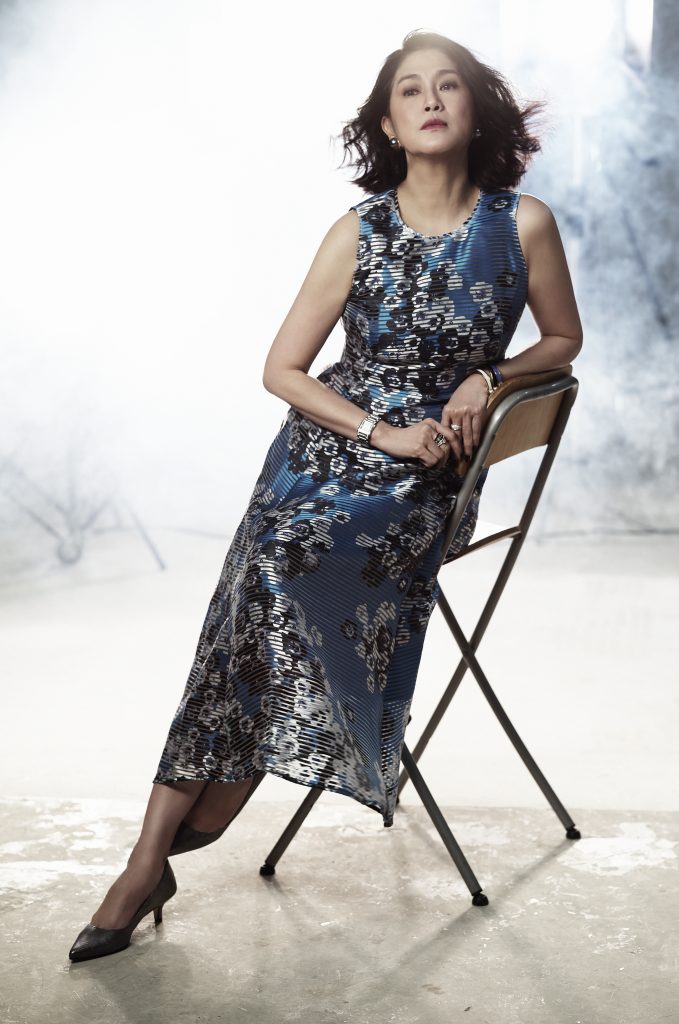
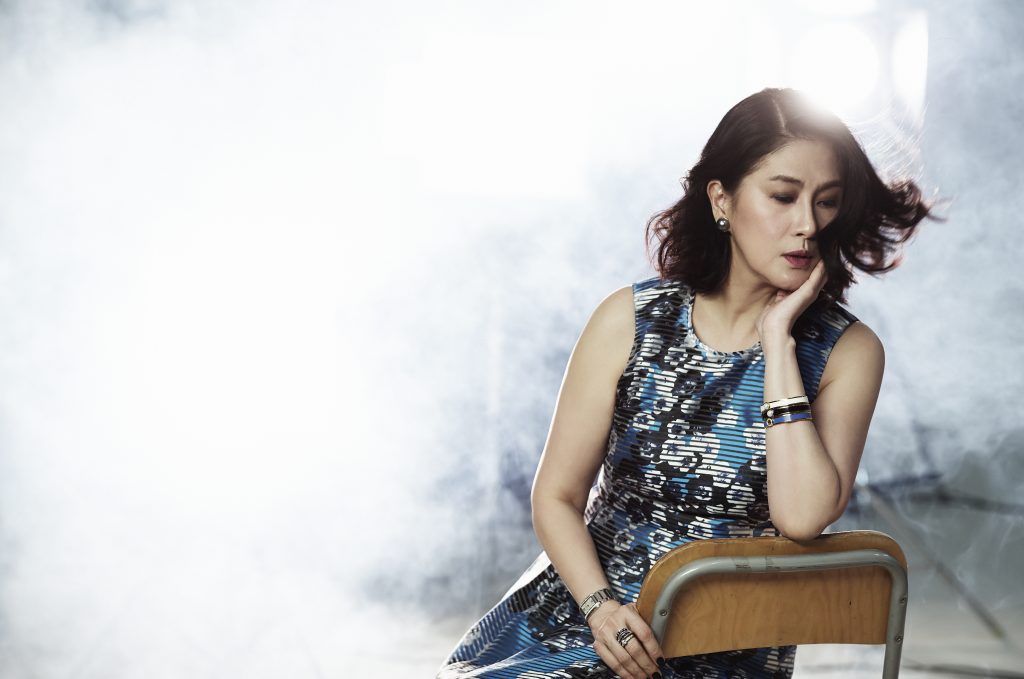
Recent Comments